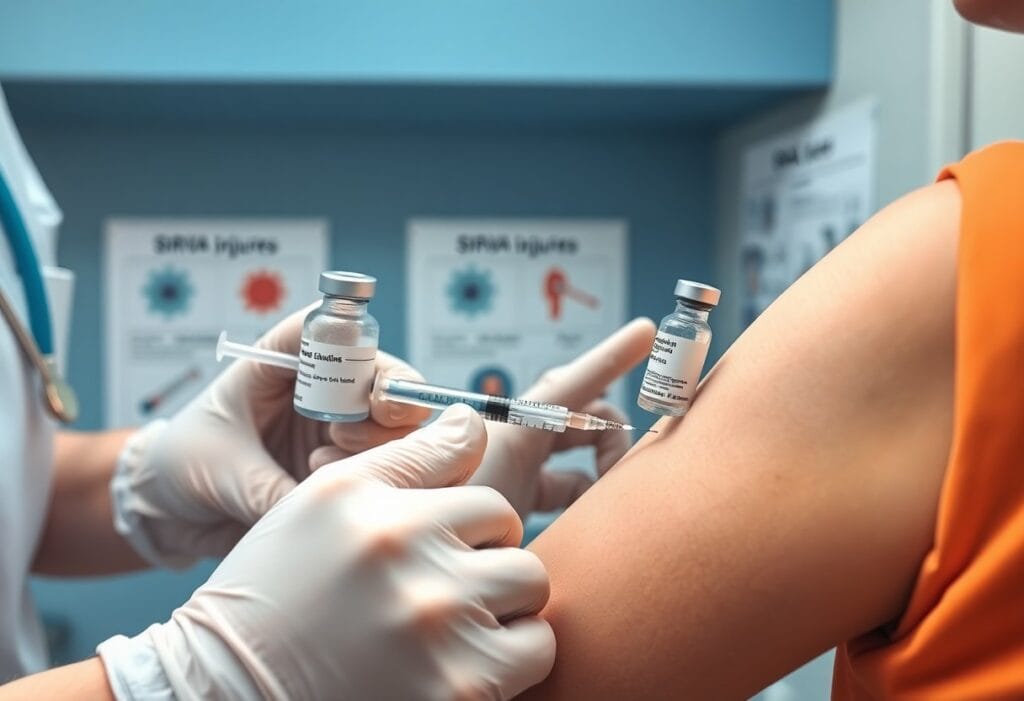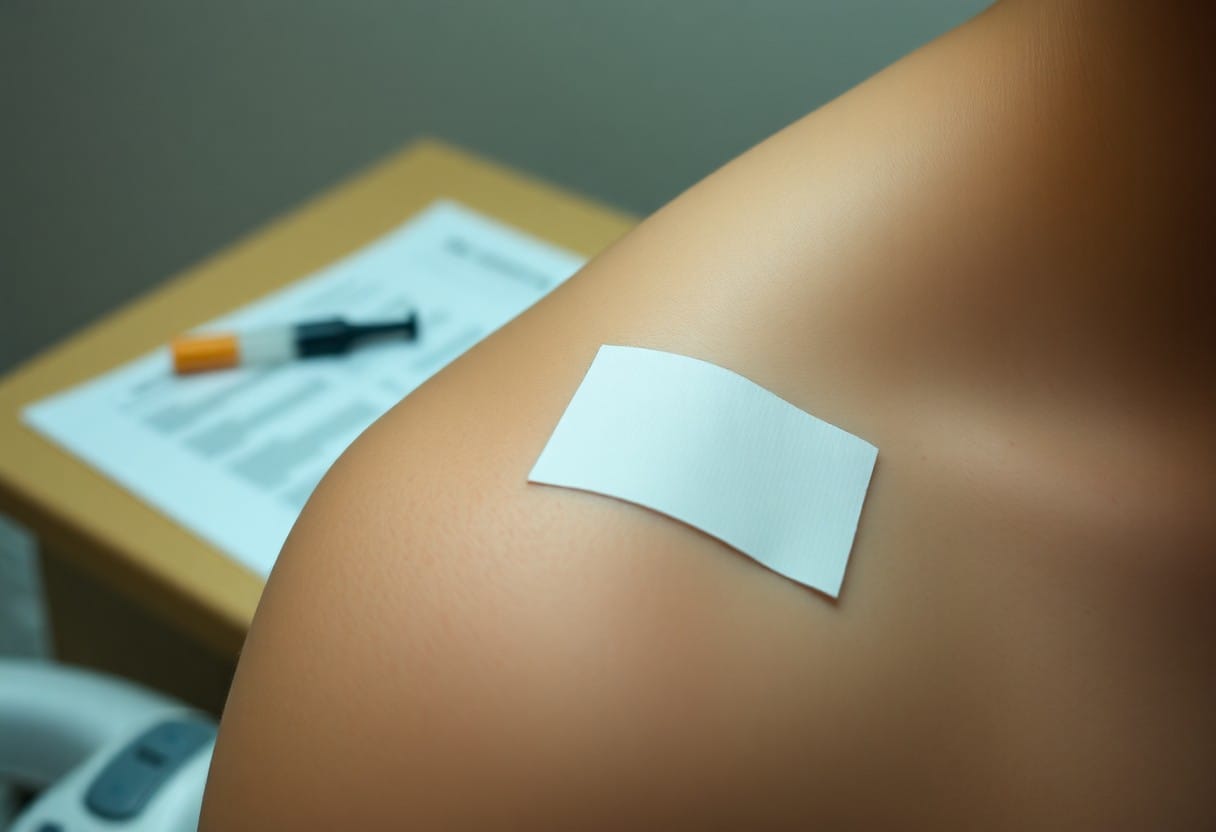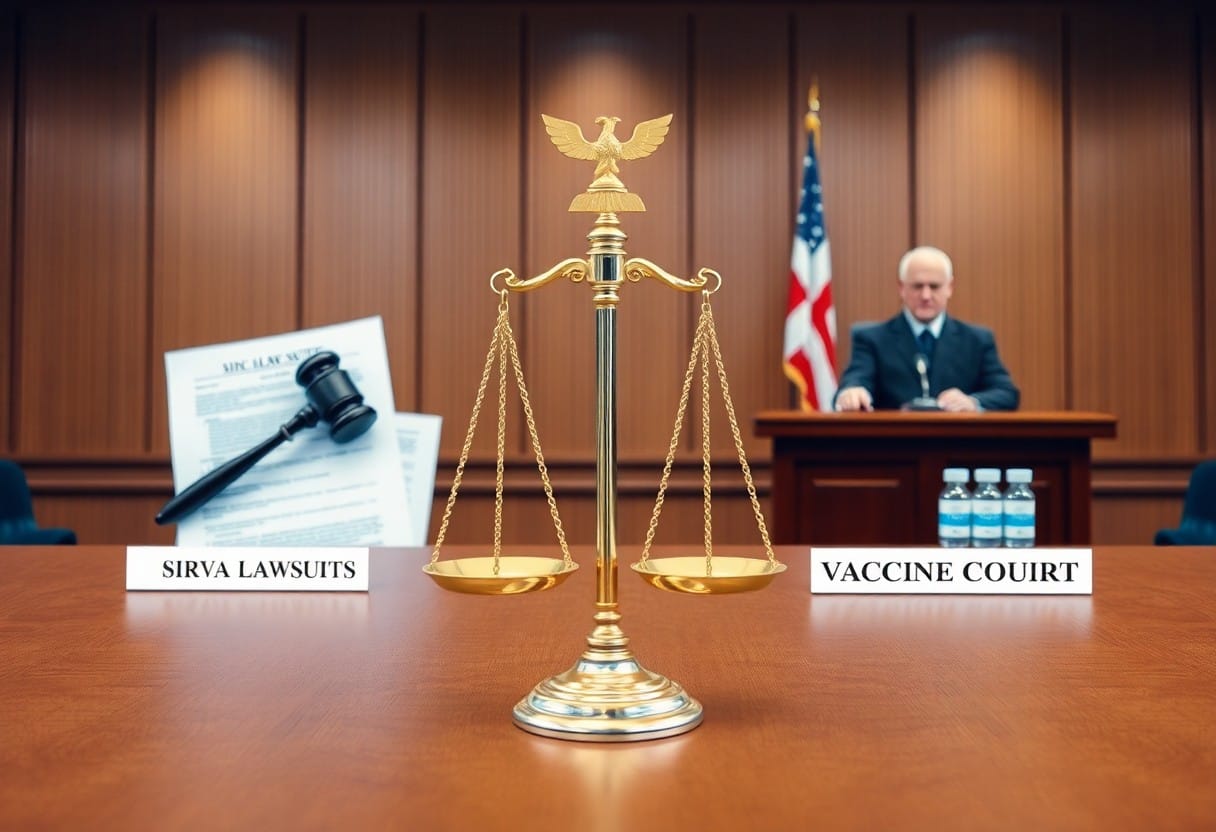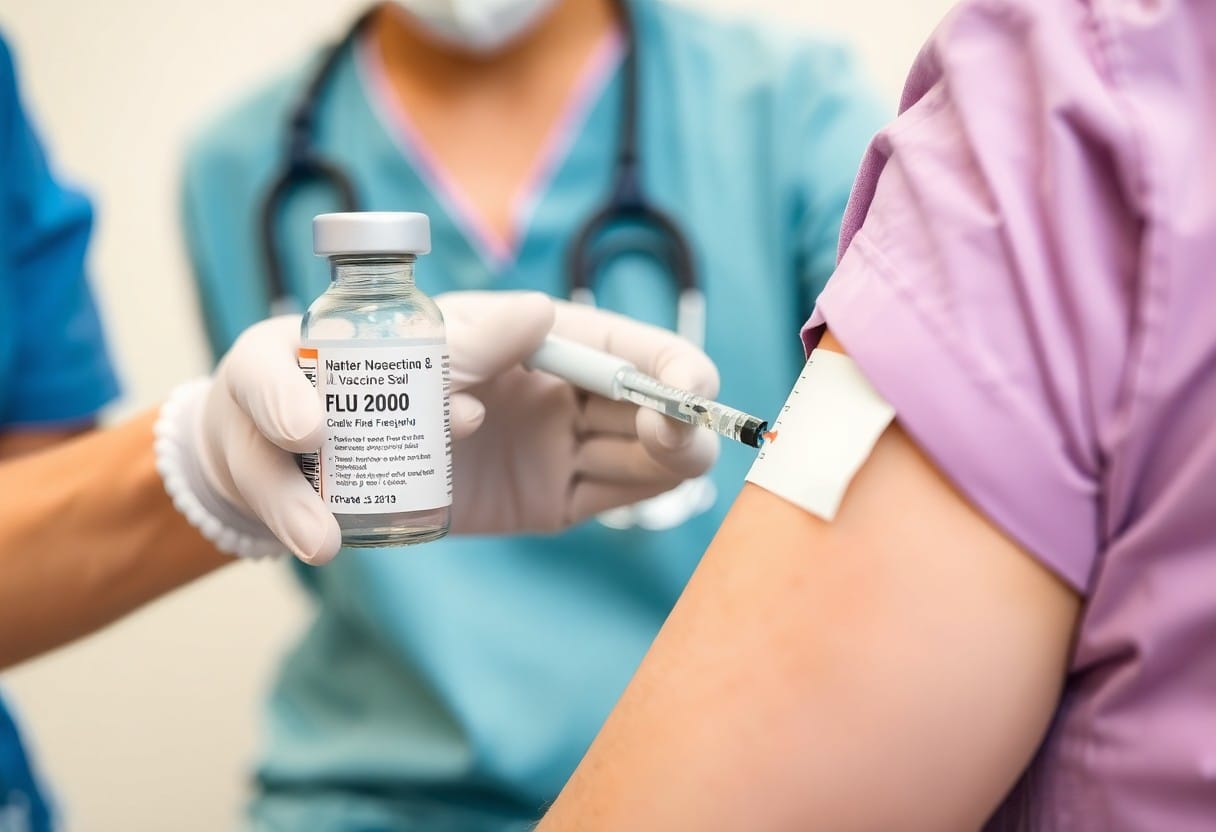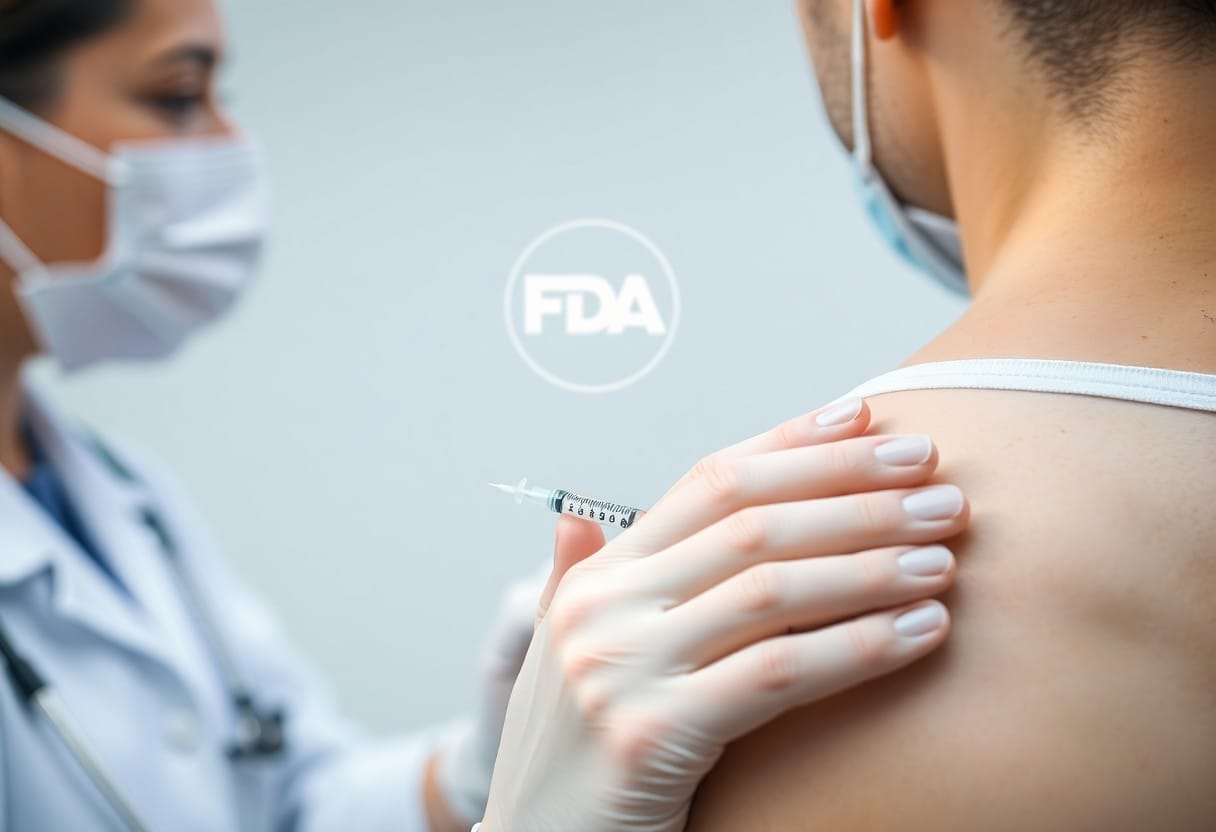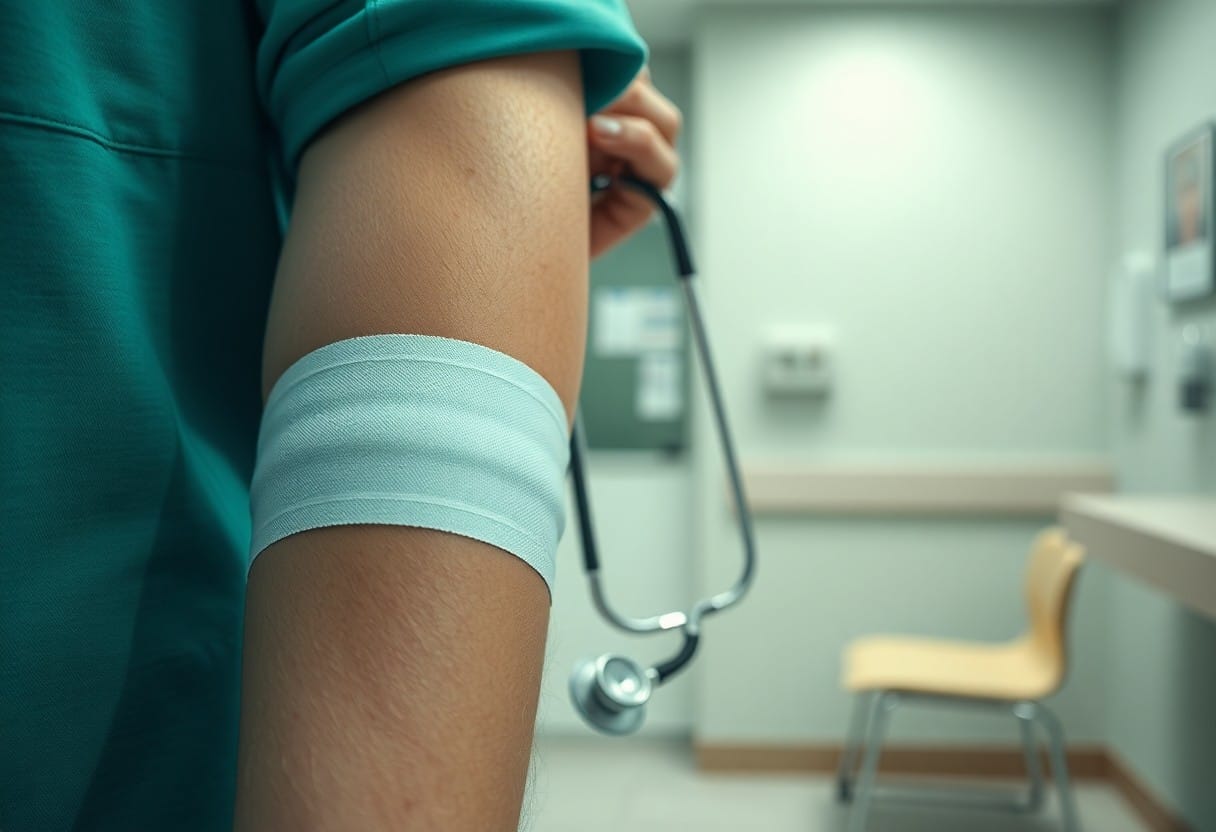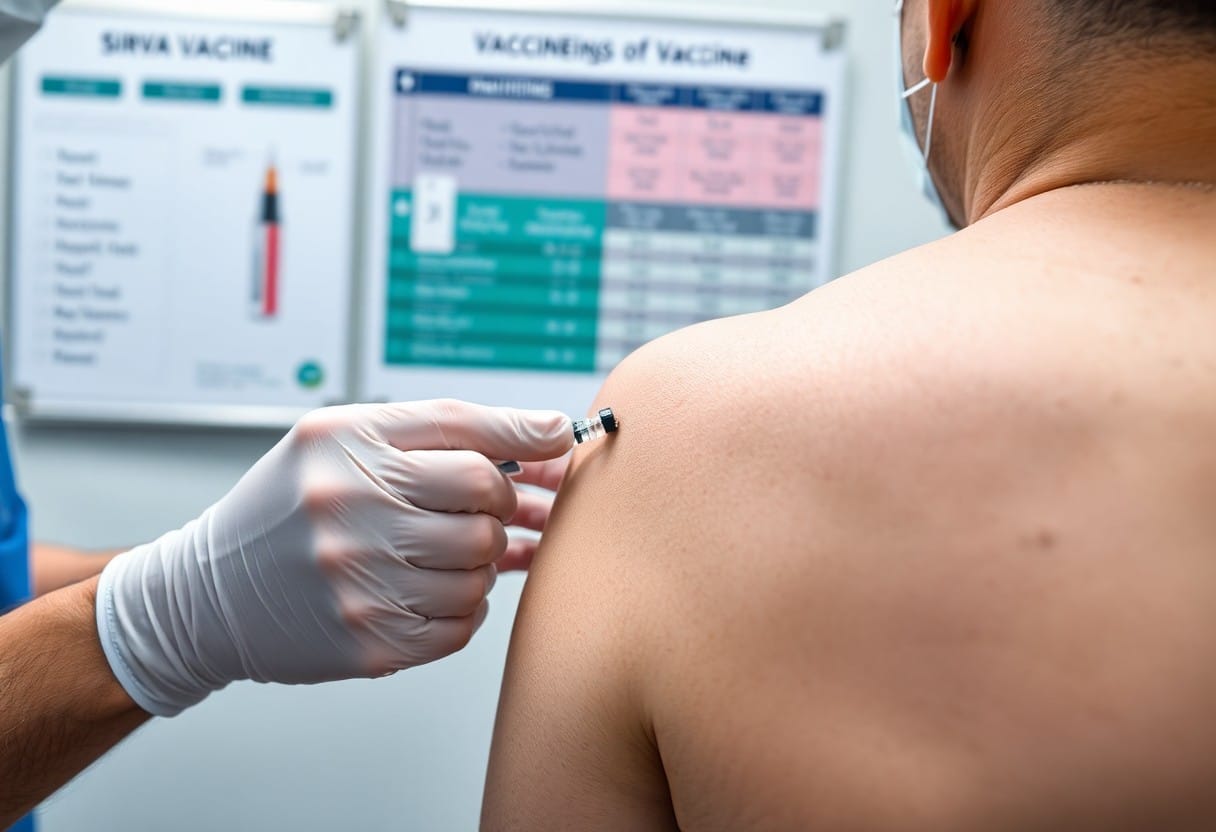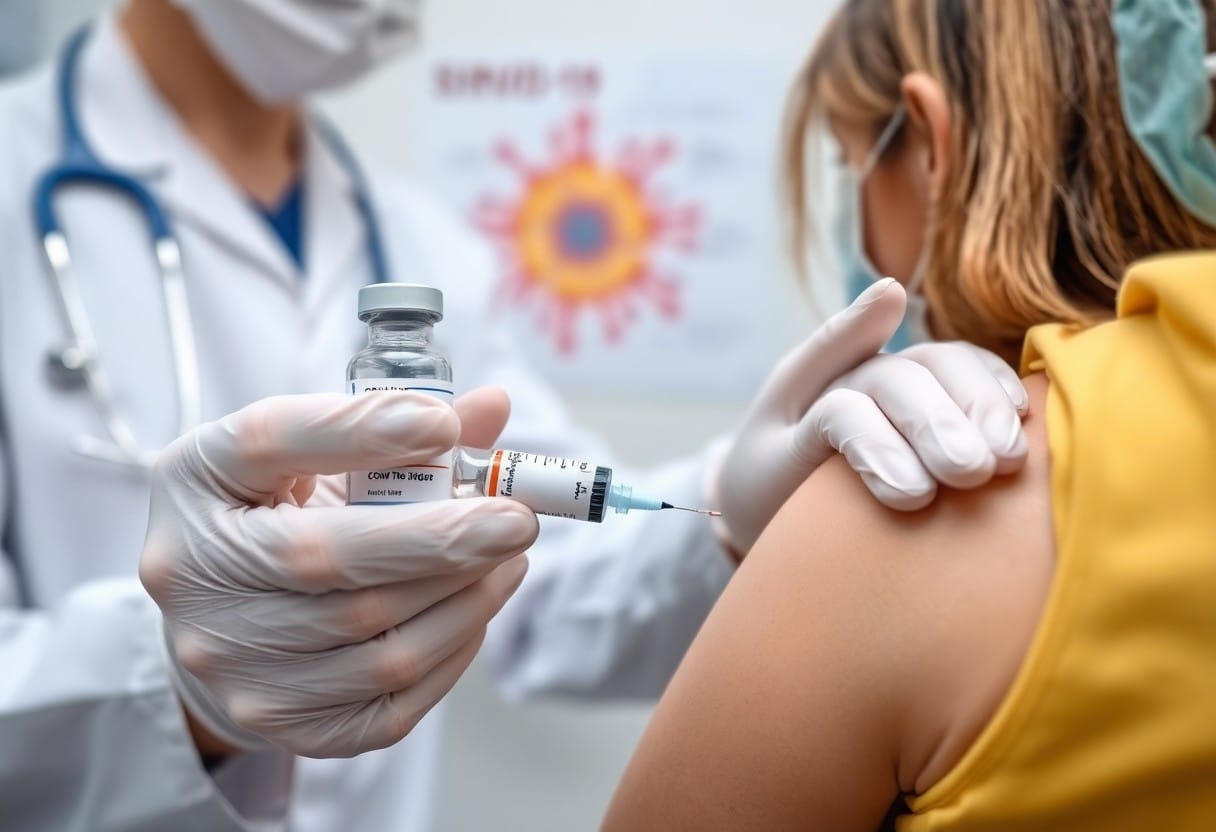It’s vital to understand that while vaccines play a significant role in protecting your health, certain vaccines can lead to Shoulder Injury Related to Vaccine Administration (SIRVA). In this post, you will learn about the most common vaccines associated with SIRVA injuries, the risk factors involved, and what you can do to minimize potential harm during vaccination. By being informed, you can make better choices and advocate for your own safety in the vaccination process.
Understanding SIRVA
While vaccines are vital for public health, they can, in rare cases, lead to Shoulder Injury Related to Vaccine Administration (SIRVA). This condition typically arises from improper injection technique, leading to inflammation or damage in the shoulder joint area. Understanding SIRVA is important for recognizing symptoms and seeking appropriate medical intervention.
Definition of SIRVA
At its core, SIRVA is a condition characterized by shoulder pain and dysfunction that occurs after a vaccination. This injury specifically relates to the shoulder joint’s response to vaccine administration, often due to the injection being misplaced.
Mechanism of Injury
Against the backdrop of routine vaccinations, SIRVA can occur when the vaccine is injected too high on the shoulder, affecting the underlying structures. This misplaced injection can lead to inflammation of the surrounding tissues, resulting in pain and limited mobility.
To mitigate the occurrence of SIRVA, it’s imperative to ensure that vaccines are administered correctly, typically in the deltoid muscle of the upper arm. When injections are not appropriately placed, the possibility of damaging nearby nerves, tendons, and bursa heightens. This injury can lead to chronic pain, inflammation, and loss of range of motion, significantly impacting your daily activities and overall quality of life. Ensuring that you are receiving vaccinations from trained professionals can help reduce the risk of SIRVA and promote a safe immunization experience.
Common Vaccines Linked to SIRVA
Assuming you receive a vaccine, it is imperative to be aware of the possibility of SIRVA (Shoulder Injury Related to Vaccine Administration). This condition has been linked to several commonly administered vaccines that, if not given correctly, could lead to pain and dysfunction in the shoulder region. Understanding which vaccines are most often connected to SIRVA can help you discuss any concerns with your healthcare provider proactively.
Influenza Vaccine
By receiving the influenza vaccine, you take an important step in protecting your health, but it’s worth noting that improper administration can lead to SIRVA. Often, if the injection is placed too high in the shoulder, it can irritate the shoulder structures, leading to discomfort and potential long-term effects.
COVID-19 Vaccines
Around the world, COVID-19 vaccines have become a pivotal weapon against the pandemic. However, reports indicate that SIRVA can occur if these vaccines are administered incorrectly. It’s imperative to ensure that you receive the vaccine in the appropriate manner to minimize the risk of shoulder injuries.
Also, with the rapid rollout of COVID-19 vaccines, healthcare professionals are focusing increasingly on proper vaccination techniques to mitigate the risk of SIRVA. Ensuring that vaccines are given in the correct deltoid muscle location can significantly reduce your chances of developing shoulder-related complications, thus allowing you to benefit fully from the vaccine’s protective effects.
Other Common Vaccines
Vaccines like the Tetanus, Diphtheria, and Pertussis (Tdap) and Hepatitis A and B vaccines are also associated with SIRVA. These vaccines, while imperative for preventing serious diseases, can cause shoulder injuries if not administered accurately.
And as with any vaccine, proper technique is vital to avoid the possibility of SIRVA. Ensuring that injections are made in the appropriate location not only safeguards your shoulder but also enhances the overall efficacy of the vaccine, helping you to stay protected against preventable diseases.
Symptoms and Diagnosis of SIRVA
Now that you are aware of SIRVA, understanding its symptoms and diagnosis is imperative. SIRVA, or Shoulder Injury Related to Vaccine Administration, can manifest after receiving a vaccine in the deltoid muscle. Recognizing the signs early can aid in effective management and recovery.
Common Symptoms
Along with typical vaccination side effects, SIRVA may present symptoms such as persistent shoulder pain, reduced range of motion, and swelling at the injection site. You should also be attentive to any changes in muscle strength or discomfort that lasts longer than a few days post-vaccination.
Diagnostic Procedures
Between evaluations, healthcare professionals typically perform a physical examination and may recommend imaging studies like X-rays or MRI scans to assess the extent of the injury. These procedures help determine if your shoulder pain is indeed related to the vaccine administration.
Procedures such as physical examinations and advanced imaging techniques are key in diagnosing SIRVA. During your examination, the doctor will evaluate your shoulder for signs of inflammation, tenderness, and range of motion issues. If necessary, imaging studies like MRI scans will provide detailed images of the soft tissues in your shoulder, helping to identify any underlying injury. Timely and thorough diagnosis can lead to more effective treatment options and a better chance of recovery.
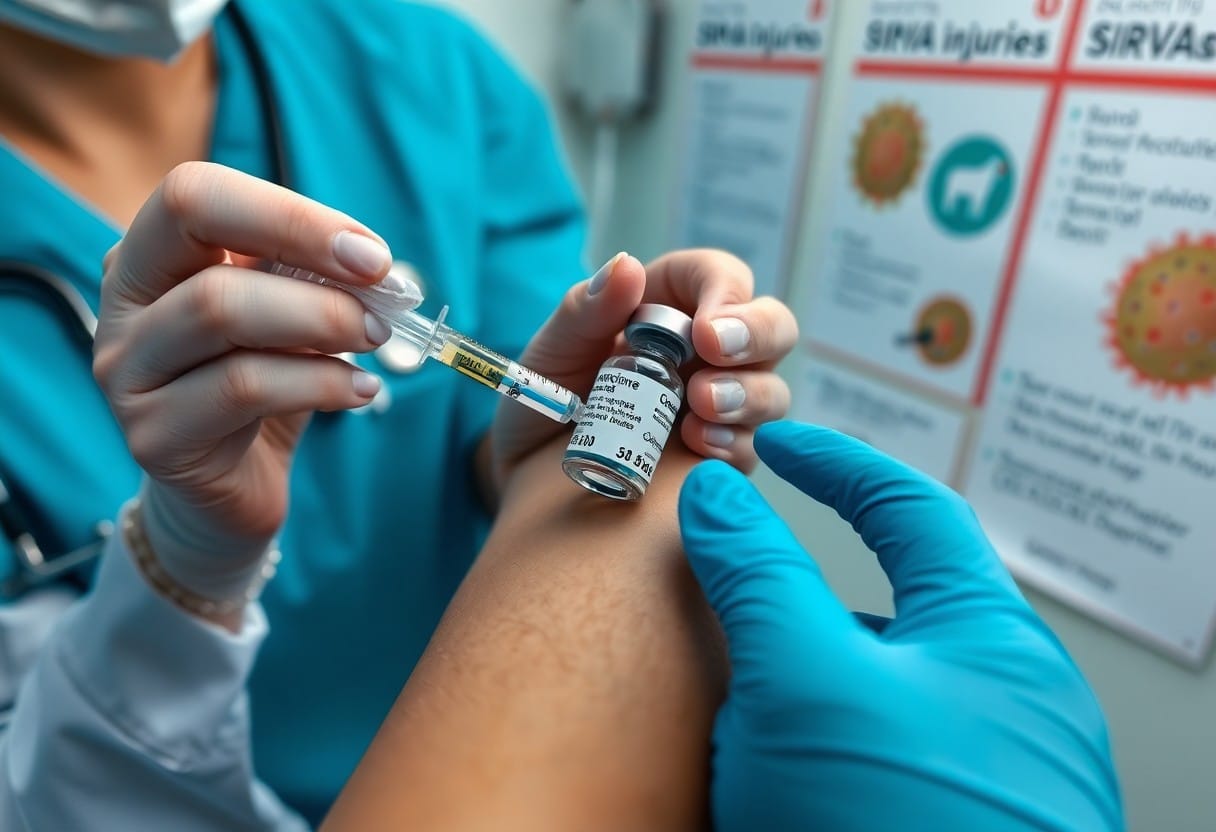
Treatment and Management of SIRVA
Despite the discomfort associated with SIRVA, effective treatment and management options are available. Early intervention can significantly improve your recovery and quality of life. It is vital to seek medical assistance as soon as you notice symptoms, enabling healthcare providers to develop an individualized treatment plan tailored to suit your specific needs.
Initial Treatment Options
SIRVA symptoms typically warrant immediate attention. Your initial treatment should focus on reducing pain and inflammation, often utilizing over-the-counter pain relievers such as NSAIDs. Applying ice to the affected area can also help alleviate swelling and discomfort. In some cases, your physician may prescribe physical therapy to assist with mobility and strength recovery.
Long-term Management Strategies
Around the recovery process from SIRVA, it’s necessary to adopt effective long-term management strategies. This involves regular follow-ups with your healthcare provider, engagement in physical therapy, and maintaining a daily routine that includes gentle stretching and strengthening exercises to restore function and prevent recurrence.
Understanding the long-term management of SIRVA is vital for your recovery. Engaging in regular physical therapy can optimize your shoulder function, while ongoing communication with your healthcare provider ensures that any emerging issues are promptly addressed. Monitoring your progress will help you tailor exercises to your specific recovery needs. Establishing a support system, such as friends or family, can also motivate you by keeping you accountable for your recovery journey.
Legal and Compensation Considerations
Keep in mind that if you experience a SIRVA injury, there are legal and compensation options available to you. Understanding these pathways can help ensure you receive the support needed for medical expenses and other losses incurred from your injury.
Reporting SIRVA Injuries
By promptly reporting any SIRVA injuries related to your vaccinations, you not only aid in your recovery but also contribute to valuable data that can enhance vaccine safety for others. Documentation is key, so be sure to detail your symptoms and their onset to your healthcare provider.
Vaccine Injury Compensation Program
Below is a vital resource for individuals who suffer from vaccine-related injuries, including SIRVA. The Vaccine Injury Compensation Program (VICP) is designed to provide compensation for injuries resulting from vaccinations.
Considering pursuing compensation through the Vaccine Injury Compensation Program can be beneficial for you if you’ve been affected by a SIRVA injury. This program is a federal initiative that can provide financial support for medical expenses, lost wages, and pain and suffering related to vaccine injuries. Importantly, you do not need to prove negligence by a healthcare provider to receive compensation, making the process more accessible. It is advisable to consult with a legal expert familiar with VICP to navigate your claim efficiently.
Prevention of SIRVA Injuries
Many strategies can be employed to prevent SIRVA injuries during vaccinations. Ensuring that healthcare providers use the appropriate techniques and educating patients about the importance of proper injection site selection can significantly reduce the risk. Additionally, being aware of your body’s responses can help in early identification of any potential issues, enabling prompt consultation with a healthcare professional.
Proper Vaccination Techniques
Across various healthcare settings, adherence to proper vaccination techniques is vital to minimize the risk of SIRVA injuries. This includes selecting the correct injection site, utilizing the appropriate needle size, and ensuring proper administration technique. You should encourage your healthcare provider to follow these guidelines to ensure your safety during vaccination.
Patient Awareness and Education
An informed patient is an empowered patient. Understanding the potential risks and benefits associated with vaccinations helps you communicate effectively with your healthcare provider. Awareness of SIRVA and its symptoms can lead to quicker treatment, should an injury occur. Education about the importance of monitoring your vaccination site is imperative for your safety.
Plus, staying informed about SIRVA can significantly enhance your vaccination experience. Knowing the symptoms, such as persistent pain or swelling in the shoulder area after receiving your vaccine, empowers you to seek timely care. Additionally, discussing your medical history and any previous reactions with your healthcare provider can lead to a more tailored vaccination approach, further minimizing risks. By advocating for yourself and asking questions, you play an active role in ensuring your wellbeing during the immunization process.
Final Words
Ultimately, understanding the most common vaccines that cause SIRVA injuries is crucial for you to make informed decisions about your health. Being aware of the specific vaccines that have been associated with shoulder injuries can help you take proactive measures, such as discussing any concerns with your healthcare provider before vaccination. By equipping yourself with this knowledge, you empower yourself to ensure a safer vaccination experience.


